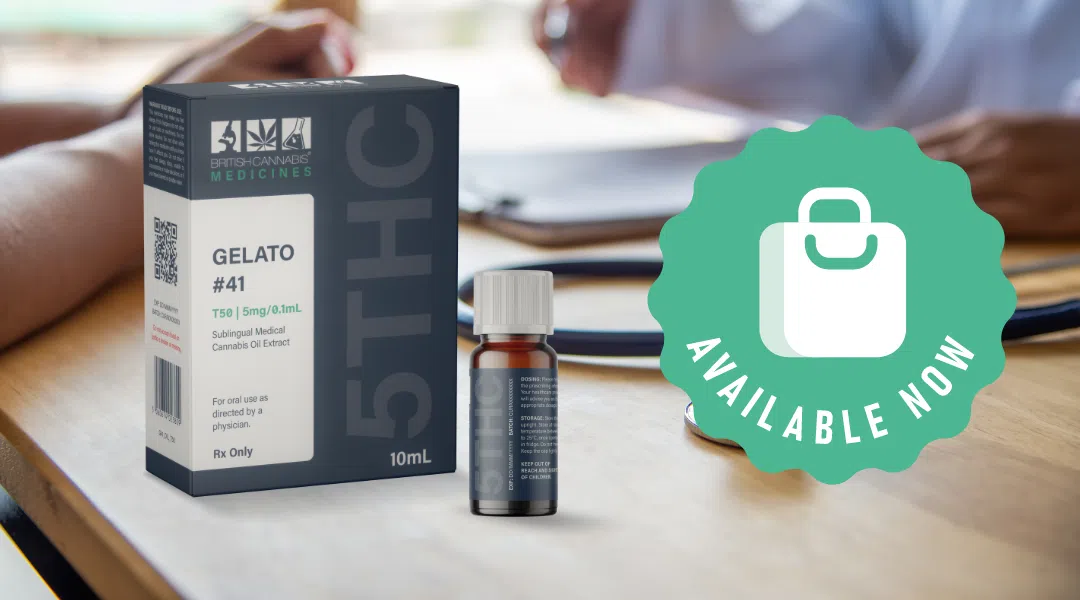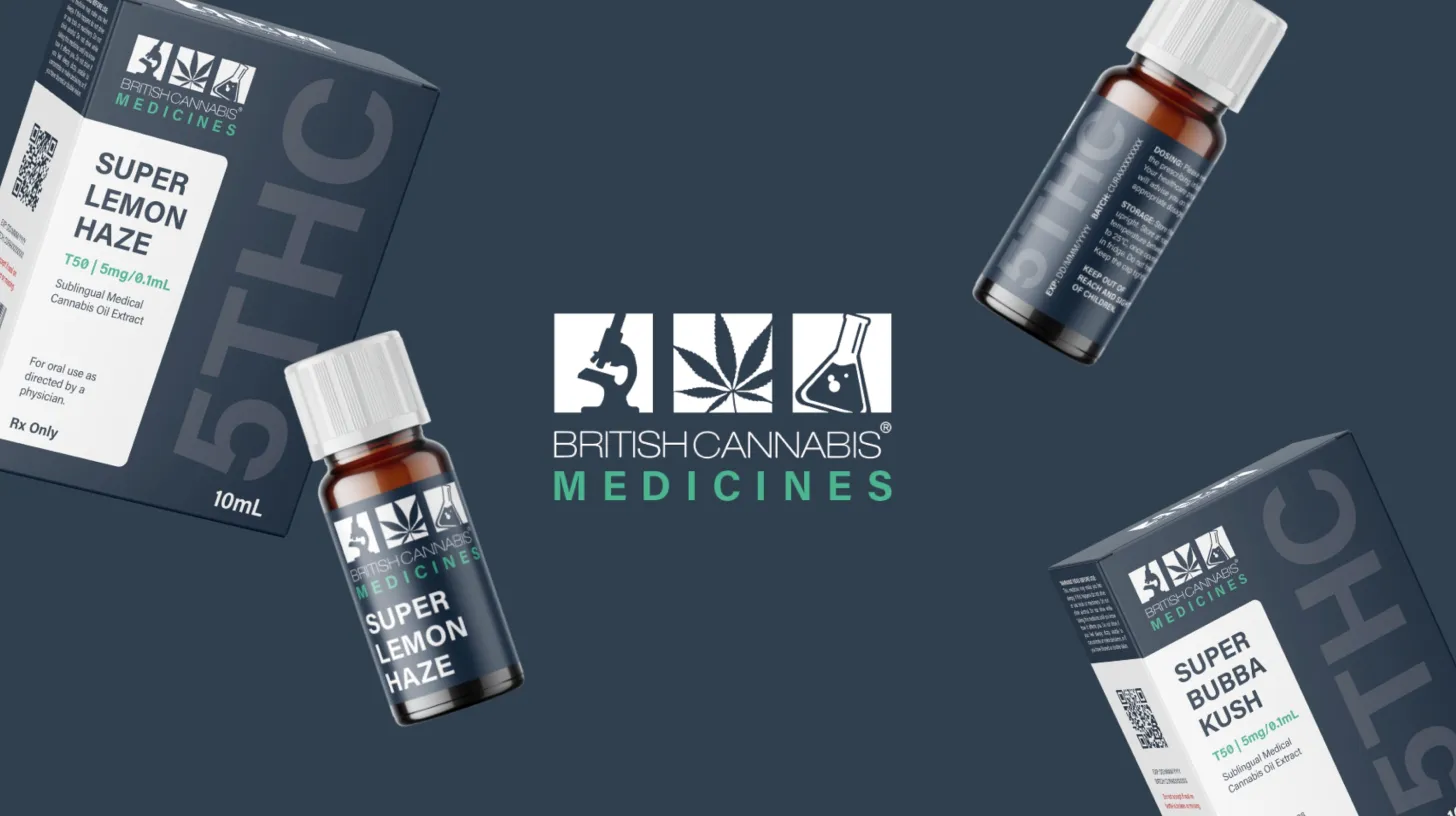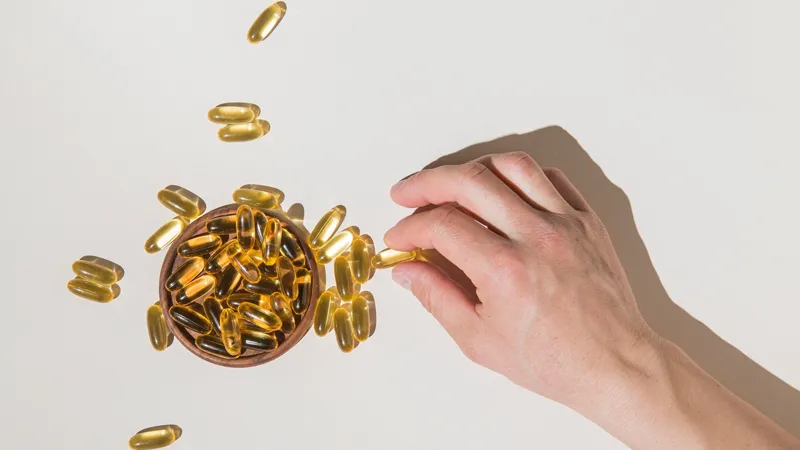
Groundbreaking Study Backs Cannabis as a Powerful Weapon Against Opioid Crisis
As a potent alternative for opioids in managing chronic pain, medical cannabis earns growing approval among UK’s General practitioners, a new study reveals.
Key takeaways:
- A vast 37% of UK’s GPs acknowledge the capacity of medical cannabis to decrease patients’ dependency on other medicines and uplift life quality.
- A minor share of about 2% have endorsed it to a patient as of yet, and more than two in five are informed that patients opt to self-medicate through cannabis obtained illegitimately.
- Digging deeper, a study reflecting cannabis-based oil and dried flower effects on chronic pain uncovers that patients on medical cannabis undergo vital changes in their pain levels and overall life quality.
What BRITISH CANNABIS has to say
Medical cannabis offers a promising silver lining in the gloomy cloud of opioid dependency that has gripped the UK population. Impelling data from a survey realised by Sapphire Clinics in May 2023 indicates that 37% of local GPs possess a rising consciousness regarding the potential of medical cannabis. Over 40% of the medical professionals validate that medical cannabis can appreciably downsize dependency on other medications hence enhancing the patient’s well-being.
However, despite the obvious benefits of medical cannabis seen in the improvement of chronic pain, a meagre 2% of GPs have recommended the therapy to patients. Furthermore, an alarming revelation suggests the significant number of patients resorting to unlawful means for securing cannabis for self-medication.
In a remarkable stride, a study focused on cannabis-based oils and dried flower’s effect on chronic pain introduces a new dimension to the approach. Real-world data collected from 761 registered UK Medical Cannabis owners specify a marked improvement in their pain levels and overall life quality. As a corollary of using medical cannabis, these patients have witnessed reduced opioid consumption. Known side effects, although infrequent, are mild to moderate in severity as per recognized clinical trial classifications.
The intensifying global opioid crisis unequivocally illuminates the pernicious loop of habitual reliance and addiction. The drive to offer an alternative to opioid medications is echoed by over half the GPs. However, on becoming cognizant of the wide-ranging benefits of medical cannabis as a potent opioid substitute, a crucial obstacle rears its head – the lack of legislation to prescribe it.
Opioid prescriptions have soured to 57 million in 2022, paralleling the elevation of chronic pain sufferers to 28 million. Regrettably, official guidelines categorize these as last resort prescriptions due to their high risk of addiction and debilitating side effects. Scarcely, 23% manage a semblance of normal life, with potential adverse side effects shadowing 50-80% of the afflicted subset.
The recent investigations provide substantial evidence supporting medical cannabis as a reliable alternative for chronic pain management, however, hesitance due to legislative restrictions hinders its widespread acceptance. Insights from a second study carried out by Drug Science adopt data from 800 cannabis patient records to highlight the noteworthy reduction in opioid utility amongst the affected demographic.
“Due to the growing alarm surrounding opioid prescriptions and misuse, findings of a downsizing in prescription-dependency and dosage are noteworthy,” mention the authors.
Further investigations across multiple locations have uncovered substantial evidence supporting the role of cannabis in cutting down opioid usage among chronic pain patients. These consolidated findings strongly advocate for adequate funding towards clinical trials to further ascertain the impact of medical cannabis on chronic pain.
As Dr Simon Erridge, Head Researcher at Sapphire Clinics, insightfully puts, “An ageing population imposes a pressing need to address chronic pain, and it’s evident that GPs do not have enough information about the available options. Our study goes some way to unveiling the prospects for patients prescribed medical cannabis, but a more extensive data pool is necessary for enabling healthcare professionals to make informed decisions.”
Sapphire Clinics, backed by the Cannabis Industry Council, are on a fervent campaign lobbying the government to grant GPs the power to prescribe medical cannabis, and unfold this potential health revolution to numerous patients countrywide.
“Our current specialist only prescription model is not in the favour of the vast patient demographic or society at large. Empowering GPs to prescribe will widen patient accessibility, cut down on NHS waiting lists, and help reduce crime,” comments Dr. Sunil Arora, co-chair of the CIC Prescription Cannabis Working Group.
Given the mounting evidence and growing support from GPs, the movement to embrace medical cannabis as a viable alternative to opioids holds promise. As research deepens and legislative walls crumble, ‘herbal hope’ for millions living with chronic pain steps ever closer to reality.





